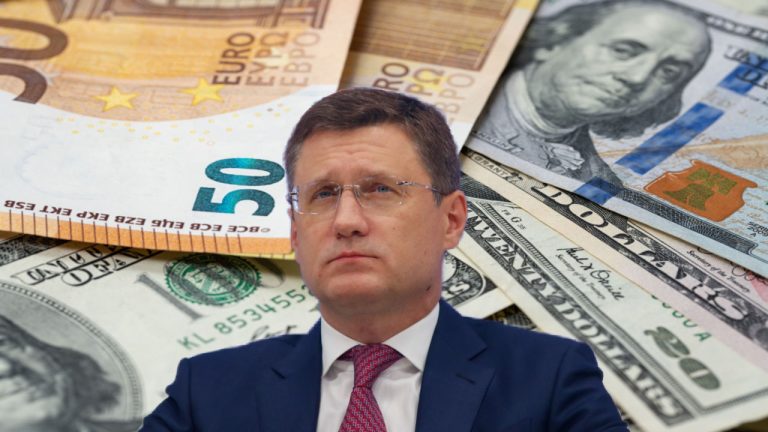
Russia will increase its reliance on national currencies to settle payments for its energy resources, moving away from the US dollar, according to Russian Deputy Prime Minister Alexander Novak. Novak noted there is a great interest in acquiring Russian energy resources, leading Russia to accept more currencies for these settlements.
Russia Aims to Settle Energy Trades Away From the U.S. Dollar
Russia is gradually moving to the use of national currencies, such as the Chinese yuan and the Russian ruble, to settle energy trades, moving away from the U.S. dollar. Alexander Novak, Russian deputy prime minister, stated that this trend of adopting national currencies accelerated due to the sanctions enacted by Western nations as a consequence of the Russia-Ukraine conflict.
In a TV interview given to a Russian network, Novak stated:
The trend has changed very much to less use of dollars or euros. Given the current problems in settlements with these currencies, in our settlements we are moving only to national currencies, the yuan is in demand here, the ruble is in demand.
Furthermore, Novak clarified that China was already making payments for gas and oil in Chinese yuan and Russian rubles. Novak also explained that the country was open to receiving other currencies in this kind of settlement.
Escaping the Dollar
These measures would allow other countries to access the Russian energy market, letting them pay with currencies other than the U.S. dollar and the euro. Novak clarified that despite sanctions, there was still a great interest from other countries in acquiring these energy resources, having to settle transactions in national currencies.
The ultimate goal of the Russian government looks to be the abandonment of the dollar and the euro in the future. However, a report issued recently by analysts at the Bank of Russia indicates this change is “hardly possible” without making changes to the structure of foreign trade.
Nonetheless, Russia is currently advancing in the establishment of several trade agreements with countries like India and Iran, to create payment systems that facilitate alternate settlement routes.
BRICS, the G7 alternative bloc comprised of Brazil, Russia, India, China, and South Africa, is also preparing to discuss the issuance of a bloc-wide currency at the next BRICS leaders’ summit to be held in South Africa next August, per reports of Russian officials.
What do you think about the movement of Russia towards national currencies in settlements? Tell us in the comment section below.